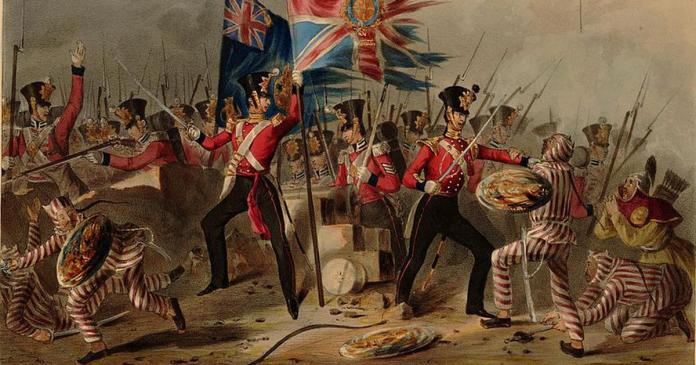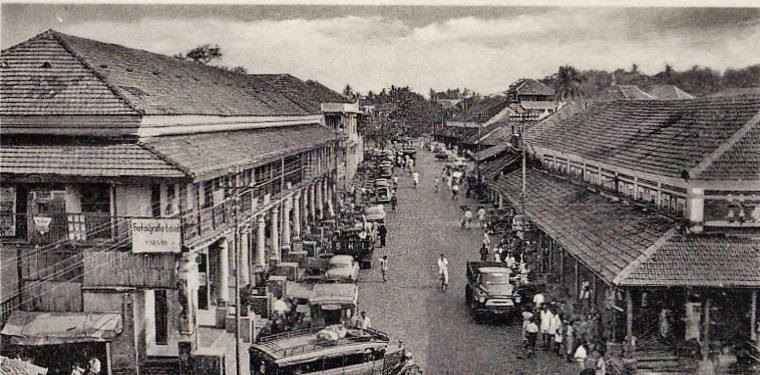The Only Indian State That Never Came Under British Rule

The Only Indian State That Never Came Under British Rule
Unraveling the History of British Colonialism in India
India, a land of immense wealth and prosperity, has long been a coveted destination for foreign powers. The British, drawn by its riches, sought to establish colonies and ultimately ruled India for nearly 200 years. Their governance transformed the subcontinent, subjecting its people to British laws and regulations while exploiting its vast resources. However, the fight for independence saw countless freedom fighters sacrificing their lives to liberate the nation from colonial rule.
While most of India fell under British control, one state remained untouched by British dominance. This unique historical fact sets it apart, making it an intriguing subject of discussion.
The British Entry into India and Their Expanding Control
To understand this exception, it’s crucial to recognize India’s diverse political landscape, which today consists of 28 states and 8 union territories. The British first arrived in Surat on August 24, 1608, initially seeking trade opportunities. Their ambitions soon grew, leading them to expand their influence across India.
A pivotal moment came on September 18, 1615, when Thomas Roe was appointed the British ambassador to Emperor Jahangir’s court. This appointment strengthened their trading activities and paved the way for British dominance over Indian territories. Over time, the British established their rule through strategic alliances, military conquests, and political maneuvering, gradually bringing the majority of the country under their control.
The One State the British Never Ruled – Goa
Despite their widespread dominance, Goa remained beyond British control. The reason? The Portuguese had already established their presence there long before the British set foot in India.
The Portuguese were the first European power to arrive in India, with Vasco da Gama landing on the coast of Calicut in 1498. By 1510, they had seized control of Goa, making it a key hub for trade and maritime activities. This early establishment prevented the British from taking over Goa, despite numerous confrontations between the two colonial powers.

The Portuguese Stronghold in India
Throughout the British colonial era, Goa remained under Portuguese administration, resisting British influence. Unlike the British, who relinquished their control over India in 1947, the Portuguese held onto Goa for nearly 400 years, making them the first to arrive and the last to leave. It was only in 1961 that Goa was officially liberated, following India’s military intervention under Operation Vijay.
Goa’s Unique Place in Indian History
Goa’s distinct colonial legacy makes it stand apart from the rest of India. Its historical significance lies not only in being the last European stronghold in India but also in being the only state that never came under British rule. This legacy is evident in its architecture, culture, and traditions, which bear strong Portuguese influences to this day.
Conclusion: A Testament to Goa’s Historical Significance
While the British ruled most of India, Goa remained a Portuguese territory, defying British expansion. This unique historical fact highlights Goa’s distinctive colonial past, setting it apart from other Indian states. Today, Goa is not just a tourist paradise but also a living testament to India’s diverse colonial history, making it a must-visit destination for history enthusiasts.












